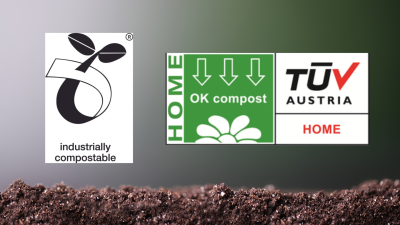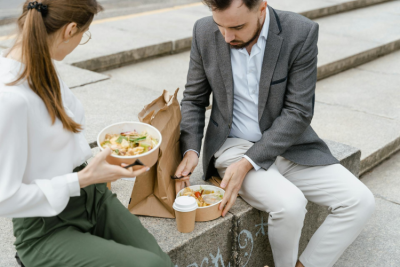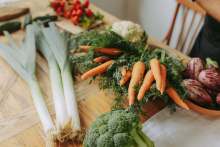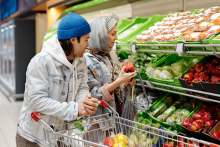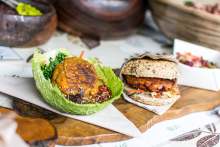As concern about plastic grows, more and more retailers and food vendors are looking to switch their packaging over to something more sustainable. But the world of “compostable” and “biodegradable” options can be a confusing one.
In this article, we look at how to dispose of compostable bags and cups, ask what conditions they need in order to break down, and examine the most eco-friendly options for consumers.
What is compostable packaging?
Compostable packaging is made from materials that can totally break down over time to produce organic matter. It has become a popular replacement for plastic, which never fully decomposes, but splits into smaller and smaller pieces that pollute rivers and seas.
Compostable bags are often made from vegetable matter like potato or corn starch. Compostable coffee cups and other food packaging can be made from materials like plant-based polymers, also produced from corn-starch or sugar cane, or from paper or cardboard.
However, compostable and biodegradable plastics can also be made from fossil fuels – just like conventional plastics.


